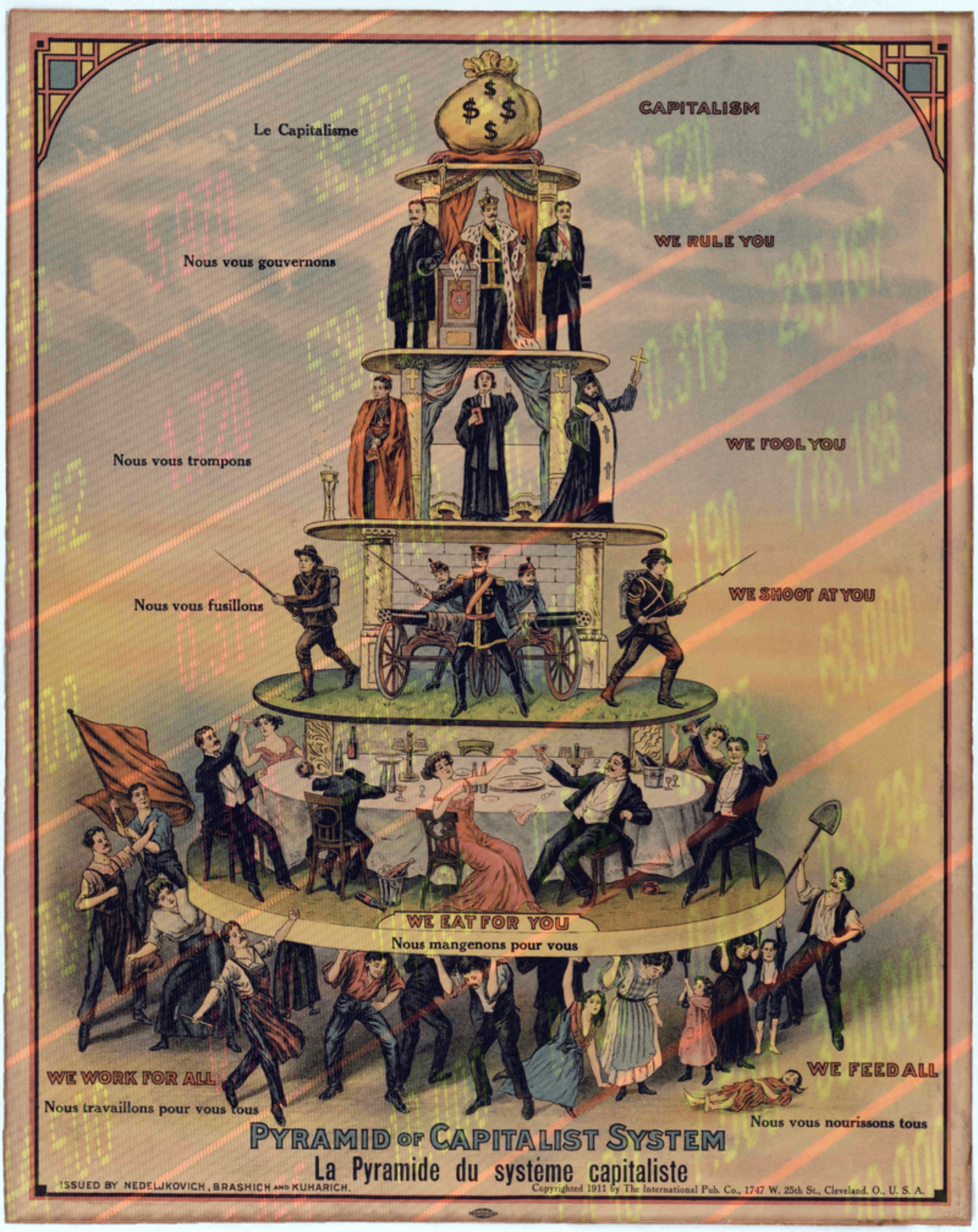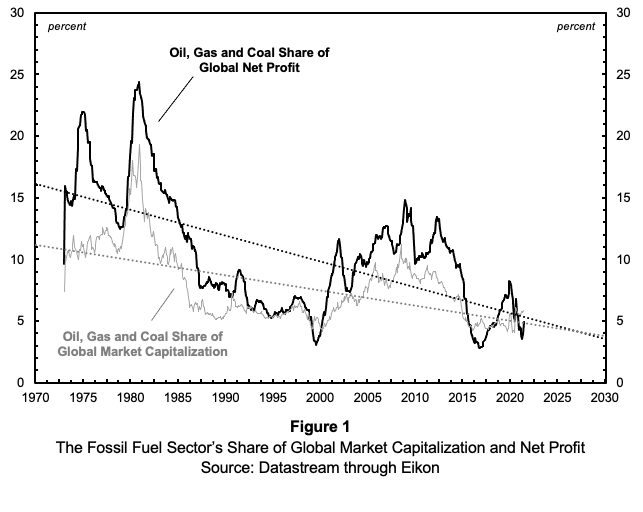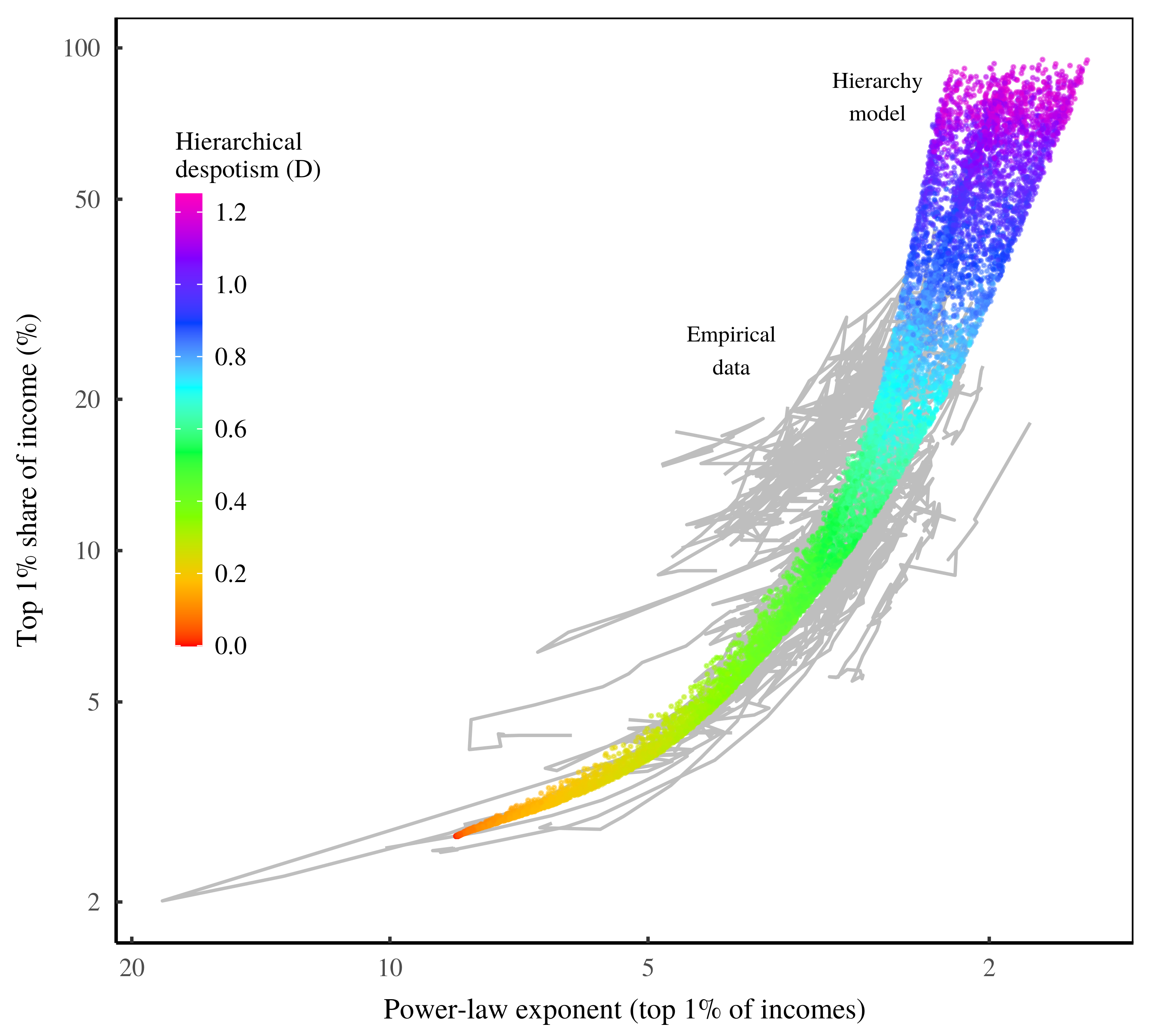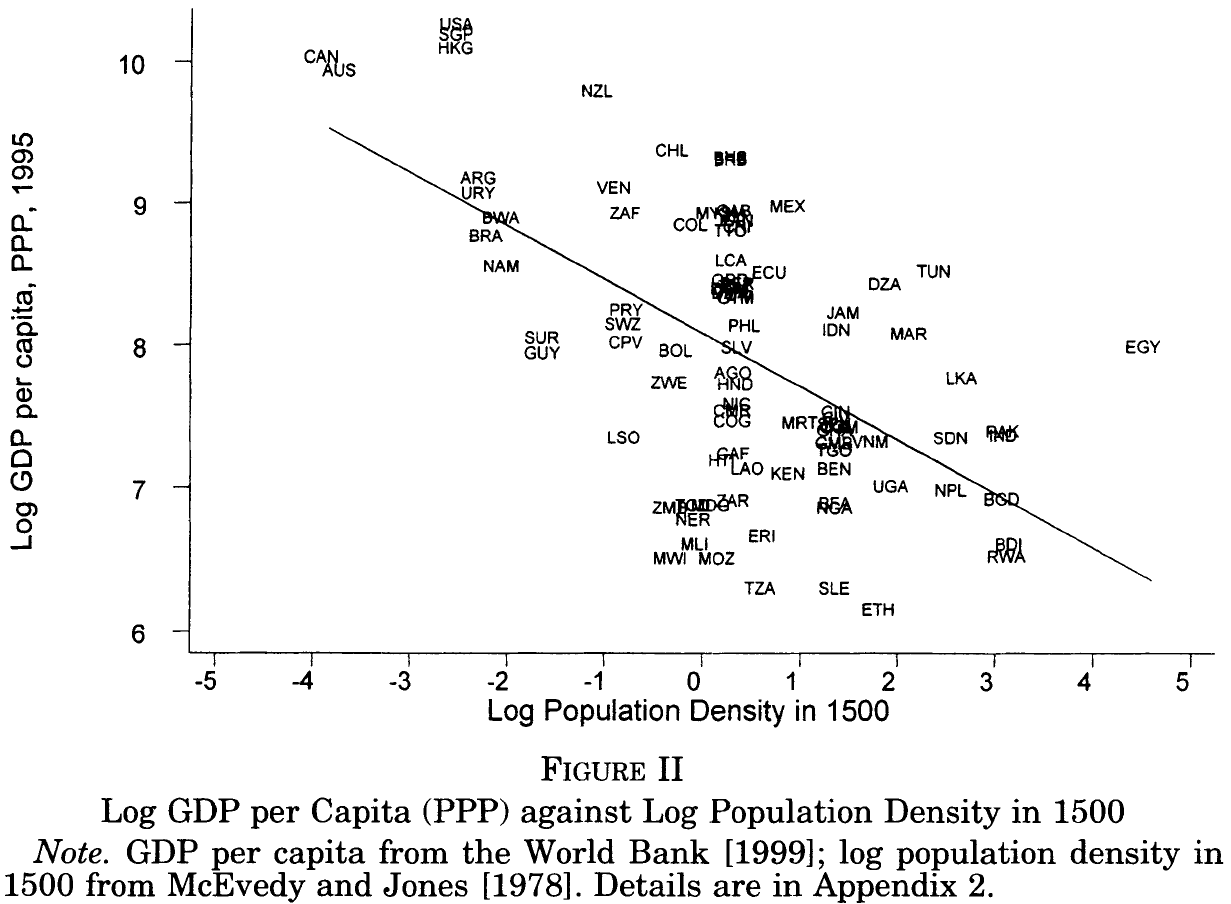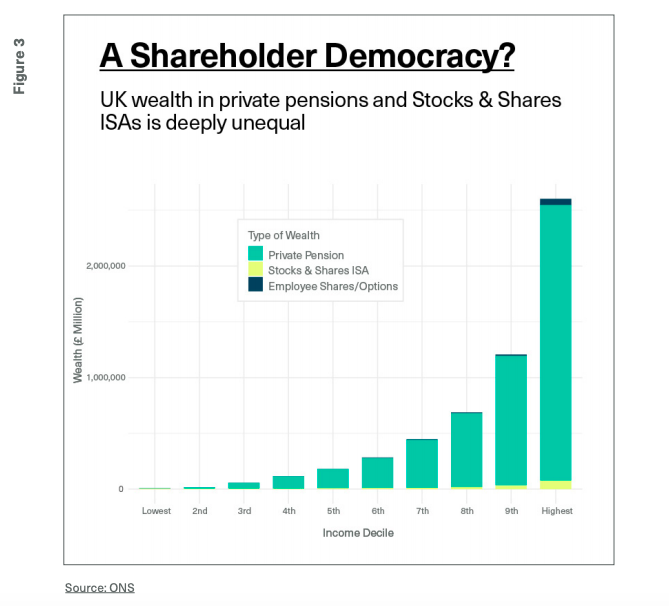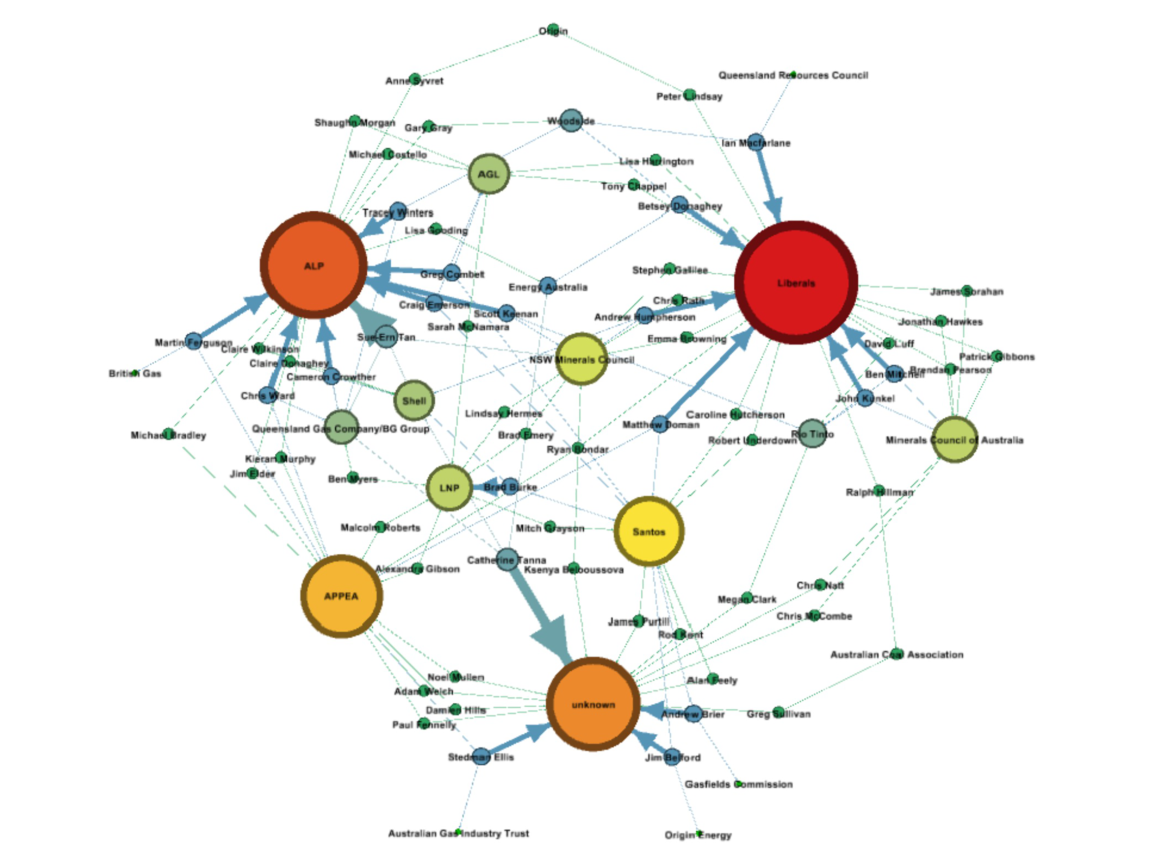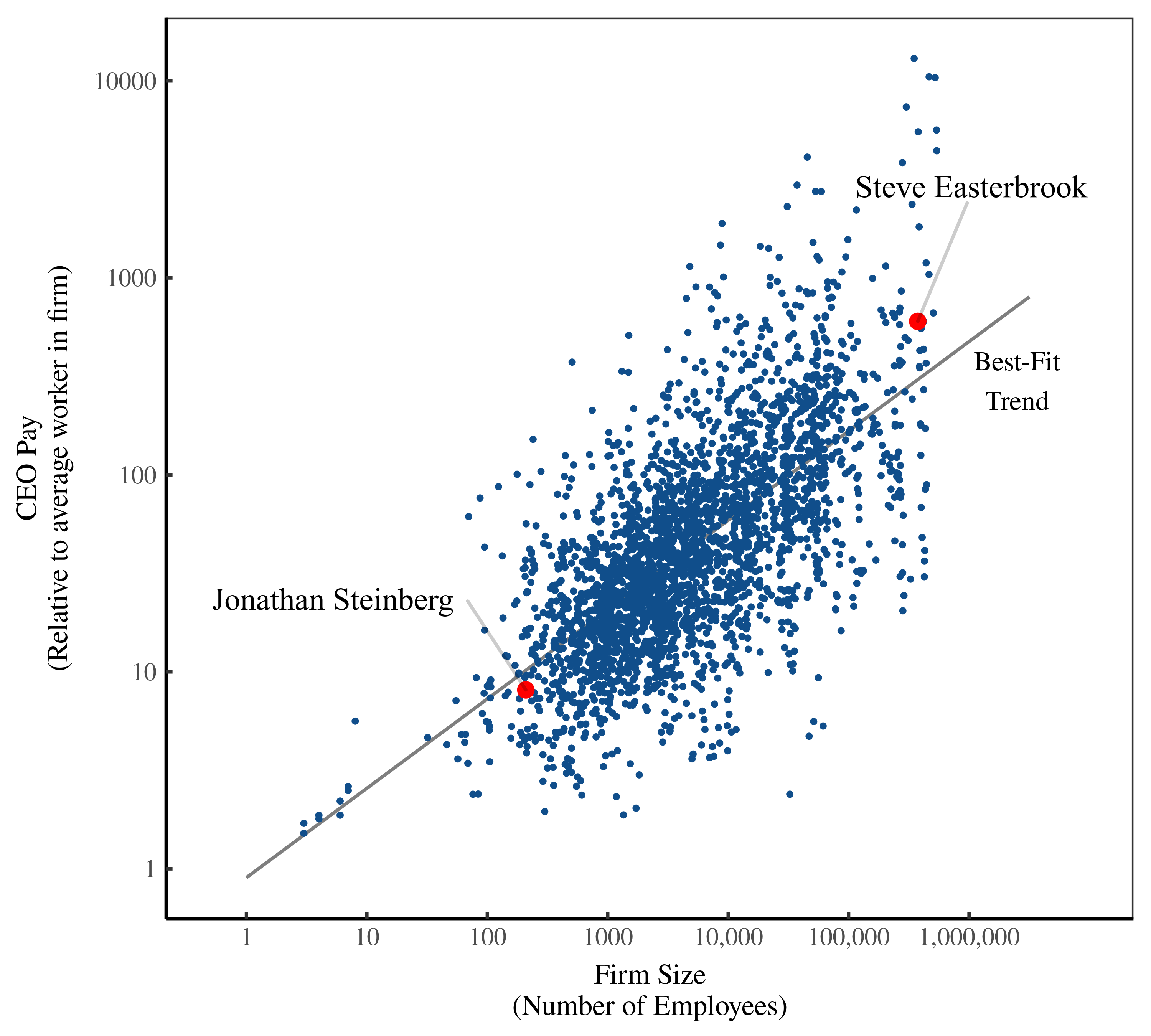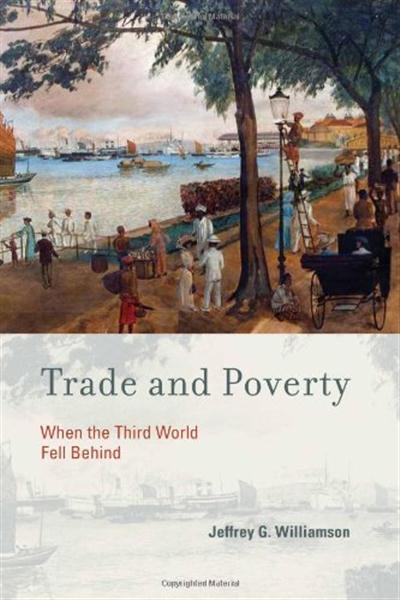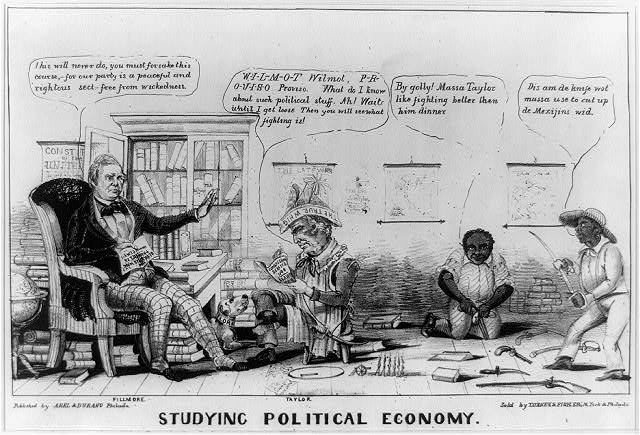Originally published at pluralistic.net Cory Doctorow Thomas Piketty’s “Capital in the 21st Century” advanced a simple, data-supported hypothesis: that markets left to their own will cause capital to grow faster than the economy as a whole, so over time, the rich always get richer. https://boingboing.net/2014/06/24/thomas-pikettys-capital-in-t.html He’s followed up Capital with the 1000-page “Capital and Ideology” […]
Continue ReadingHow the History of Class Struggle is Written on the Stock Market
Originally published on Economics from the Top Down Blair Fix It was a Thursday in August when all hell broke loose. The place was Logan County, West Virginia. The year was 1921. Over the next week, one million rounds of ammunition would be fired. Up to a hundred people were killed. All told, it was […]
Continue ReadingWas the Spanish Empire Not So Bad After All?
Originally published at joefrancis.info Joe Francis Revising our assessment of the Spanish empire is in vogue among economic historians. Most notably, Regina Grafe and Alejandra Irigoin (2006; 2008) have sought to revise the nature of the empire’s political economy. Their goal is to refute those who claim that the wealth gap between Anglo and Latin […]
Continue ReadingThe web is unusably beshitted with terrible ad-tech
Originally published at pluralistic.net Cory Doctorow The web is unusably beshitted and encrufted with popups, interstitials, rolldowns, nagware, paywalls, autoplaying video, ads that scroll with the page, and worse. I haven’t looked at the web without an adblocker in years and it’s still barely usable. https://www.cjr.org/first_person/the-infinite-scroll.php The modern web’s equilibrium is “as terrible as possible, […]
Continue ReadingA Requiem for Carbon Capitalism?
Originally published at sbhager.com Sandy Brian Hager News of the immanent demise of companies responsible for a significant portion of global greenhouse gas emissions might sound like a boon for efforts to avert climate breakdown. But just how bad is the outlook for fossil fuels? In this research note, I offer a preview of findings […]
Continue Reading2021/04: Fix, ‘Redistributing Income Through Hierarchy’
Abstract Although the determinants of income are complex, the results are surprisingly uniform. To a first approximation, top incomes follow a power-law distribution, and the redistribution of income corresponds to a change in the power-law exponent. Given the messiness of the struggle for resources, why is the outcome so simple? This paper explores the idea […]
Continue ReadingThe ‘Reversal of Fortune’: Institutions or Globalisation?
Originally published at joefrancis.info Joe Francis Daron Acemoglu, Simon Johnson and James Robinson (AJR, 2002) famously argued that a ‘reversal of fortune’ had taken place among ex-European colonies. Generally speaking, they argued, those ex-colonies that had been richest in 1500 would become the poorest by the end of the twentieth century. This, they claimed, was […]
Continue ReadingPrivate Equity has sabotaged every attempt to end emergency room “surprise billing”
Originally published at pluralistic.net Cory Doctorow “Surprise billing” is when you go to the ER and discover that the doc, the specialist, or the test you got were performed by “independent contractors” who are not part of the hospital’s deal with your insurer. It means bills for thousands (literally) for an ice-pack. https://www.healthexec.com/topics/healthcare-economics/5751-ice-pack-hefty-bills-await-patients-just-walking-er The surprise […]
Continue ReadingTeaching IPE Theory
Originally published at sbhager.com Sandy Brian Hager Switching Things Up This year I am introducing a new second year undergraduate module on theories of international political economy. Modelled on the theory module I teach on our MA programme, it replaces the history of economic thought module I taught for the past four years. There are […]
Continue ReadingAdvice for an Aspiring Economist
Originally published on Economics from the Top Down Blair Fix A few weeks ago, evolutionary biologist David Sloan Wilson contacted me about an essay series he’s editing called Advice for an Aspiring Economist. The series aims to give advice to students who are interested in learning ‘evonomics’ — economics from an evolutionary perspective. It will […]
Continue ReadingIs the Penn World Table Credible?
Originally published at joefrancis.info Joe Francis Last year the eighth edition of the Penn World Table (PWT) was released to considerable fanfare – indeed, one commentator described it as ‘a special day for all researchers and practitioners of economics‘. Yet its series for Argentina raises more questions than it answers. PWT 8.0’s major innovation was […]
Continue ReadingWe paid to develop Merck’s covid pill
Originally published at pluralistic.net Cory Doctorow Comparing the government to a household or a business isn’t merely inapt (a government is a currency creator, while a household is a currency user – their budgeting constraints are totally unrelated) – it’s also profoundly dishonest. Like, if you really are worried about government “living beyond its means,” […]
Continue ReadingIs the UK a Shareholder Democracy?
Originally published at sbhager.com Sandy Brian Hager Last month I had the pleasure of working on a new Common Wealth report entitled Commoning the Company with Mathew Lawrence, Adrienne Buller and Joseph Baines. In the report we put forth a vision for redesigning the company in light of the COVID-19 pandemic. The current crisis, we […]
Continue ReadingMouré, ‘Soft-wars: A Capital-as-Power Analysis of Google’s Differential Power Trajectory’
Soft-wars A Capital-as-Power Analysis of Google’s Differential Power Trajectory CHRIS MOURÉ October 2021 Abstract The capital as power framework, developed by Jonathan Nitzan and Shimshon Bichler, argues that the aim of business is not ‘profit maximization’ but the differential accumulation of social power. Using this framework as a theoretical starting point, I analyze the differential […]
Continue ReadingLucas, ‘Investigating networks of corporate influence on government decision-making: The case of Australia’s climate change and energy policies’
Abstract This paper argues that the ability of dominant corporations in the fossil fuel and other polluting industries to shape government policy on climate change and energy issues is directly related to their financial interests in particular countries, and emblematic of the crippling effect which they have exercised on the ability of nation states to […]
Continue ReadingA Second Look at Hierarchy
Originally published on Economics from the Top Down Blair Fix Last fall, I wrote a short article for The Mint Magazine about how income relates to hierarchy. The Mint, if you’re not familiar, does great work promoting pluralist thinking in economics. Check out their on-going Festival for Change — a festival devoted to building a […]
Continue ReadingJeffrey Williamson’s Terms of Trade
Originally published at joefrancis.info Joe Francis Jeffrey Williamson‘s (2011) book Trade and Poverty: When the Third World Fell Behind is one of the most interesting attempts to explain the ‘great divergence’ between rich and poor countries. It is a shame, then, that it is marred by his use of Mickey Mouse numbers. In simplified terms, Williamson argues that […]
Continue ReadingCapitalism without capitalists
Originally published at pluralistic.net Cory Doctorow One of the most exciting, eye-opening articles I’ve read in AGES. Showing how shareholder capitalism is a lie BY ITS PROPONENTS’ OWN TERMS…Genius. https://lpeblog.org/2020/02/18/privatizing-sovereignty-socializing-property-what-economics-doesnt-teach-you-about-the-corporation/ Marx thought individual property would end up being socialized, and he was right…but also wrong. The state hasn’t socialized property, corporations have. Corporatism is “capitalism […]
Continue ReadingWhat is (Global) Political Economy?
Originally published at sbhager.com Sandy Brian Hager For four years now I’ve been teaching a postgraduate module called Global Political Economy: Contemporary Approaches. This is one of two core modules for our MA programme in Global Political Economy at City. While my module deals with theoretical approaches, the other core module, taught by my colleague […]
Continue ReadingFrederick Soddy’s Debt Dynamics
Originally published on Economics from the Top Down Blair Fix In the field of ecological economics, Frederick Soddy looms large. Born in 1877, Soddy became a chemist and eventually won a Nobel prize for work on radioactive decay. Then he turned his attention to economics. Between 1921 and 1934, Soddy wrote four books that looked […]
Continue Reading

